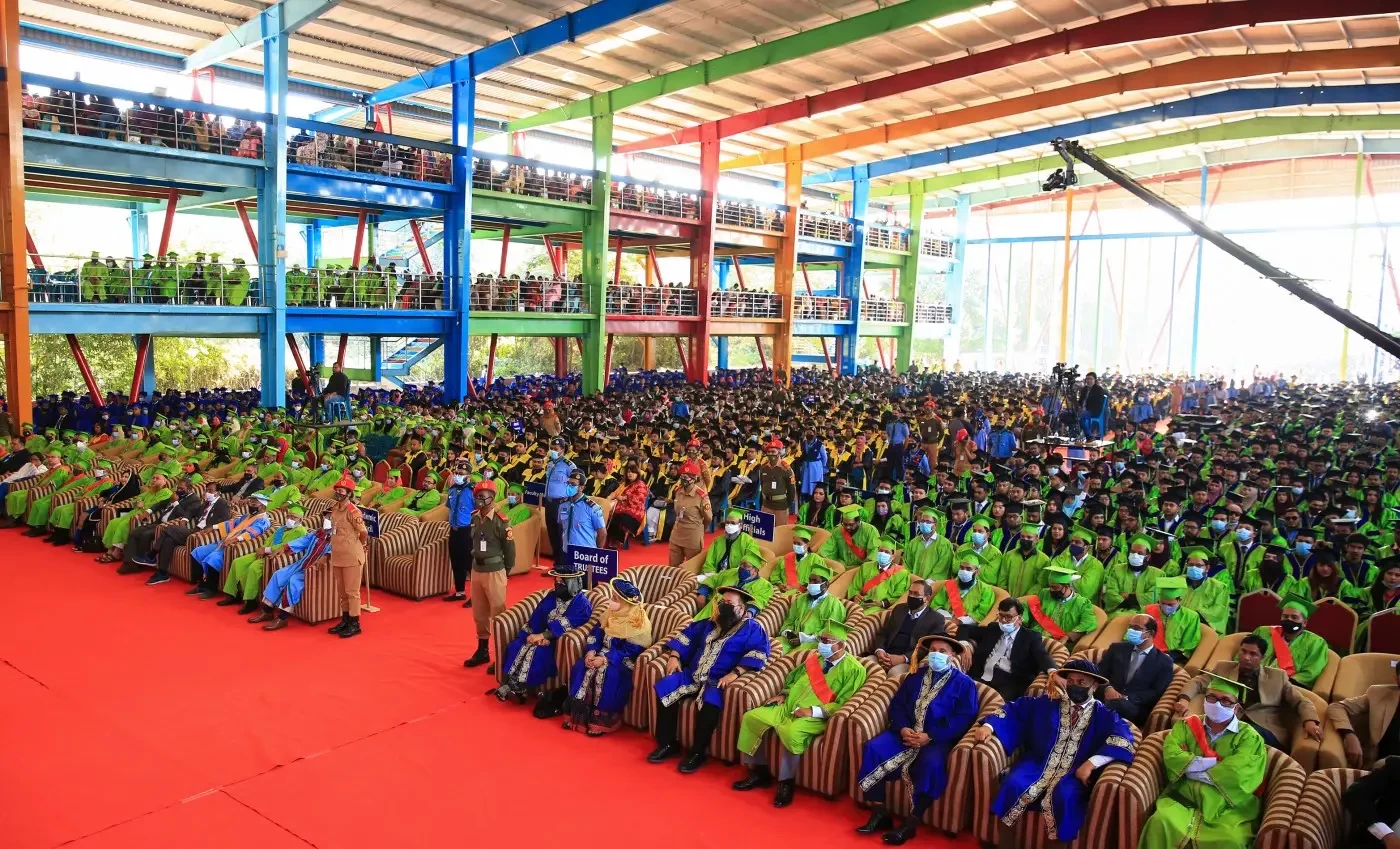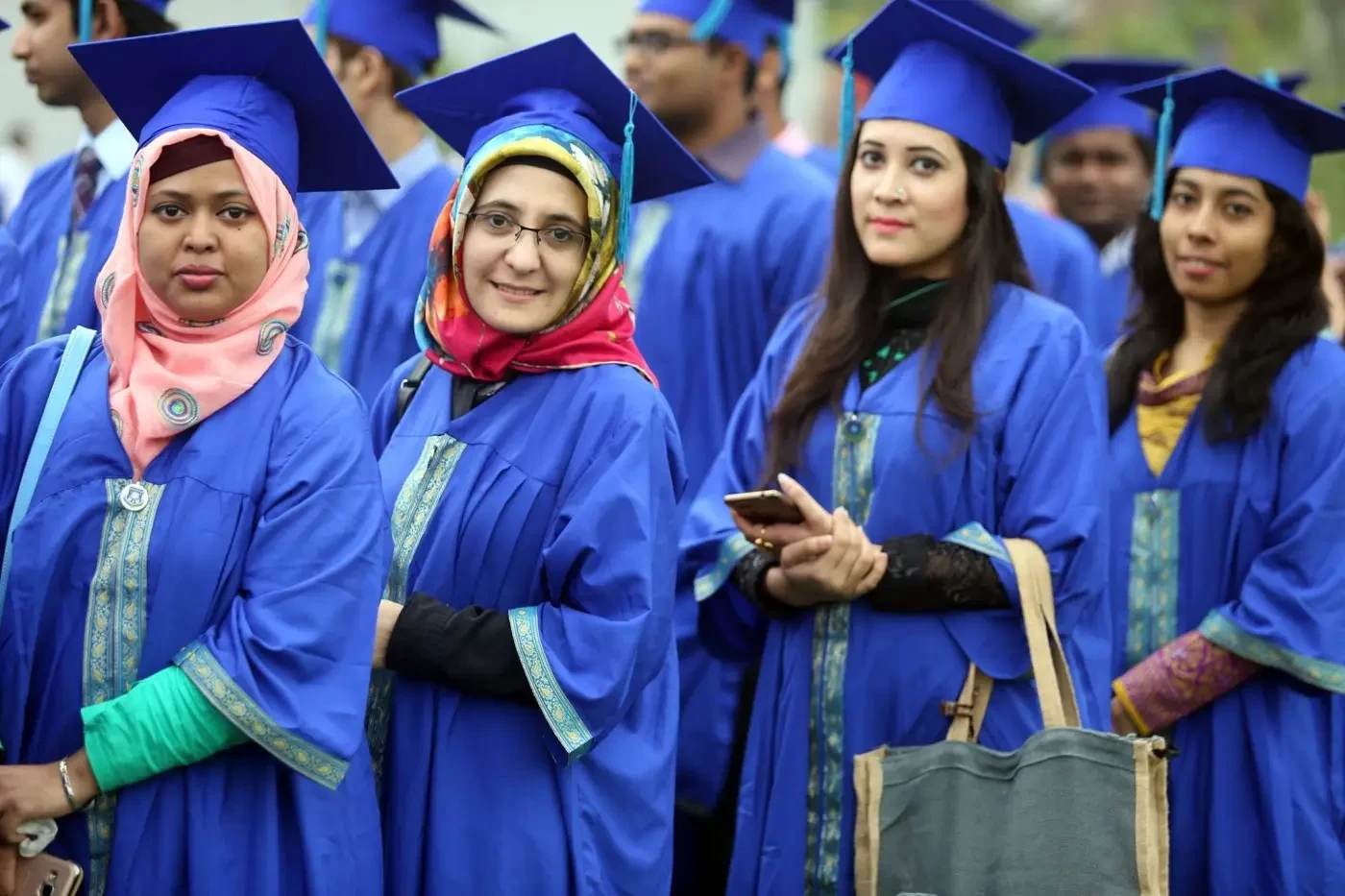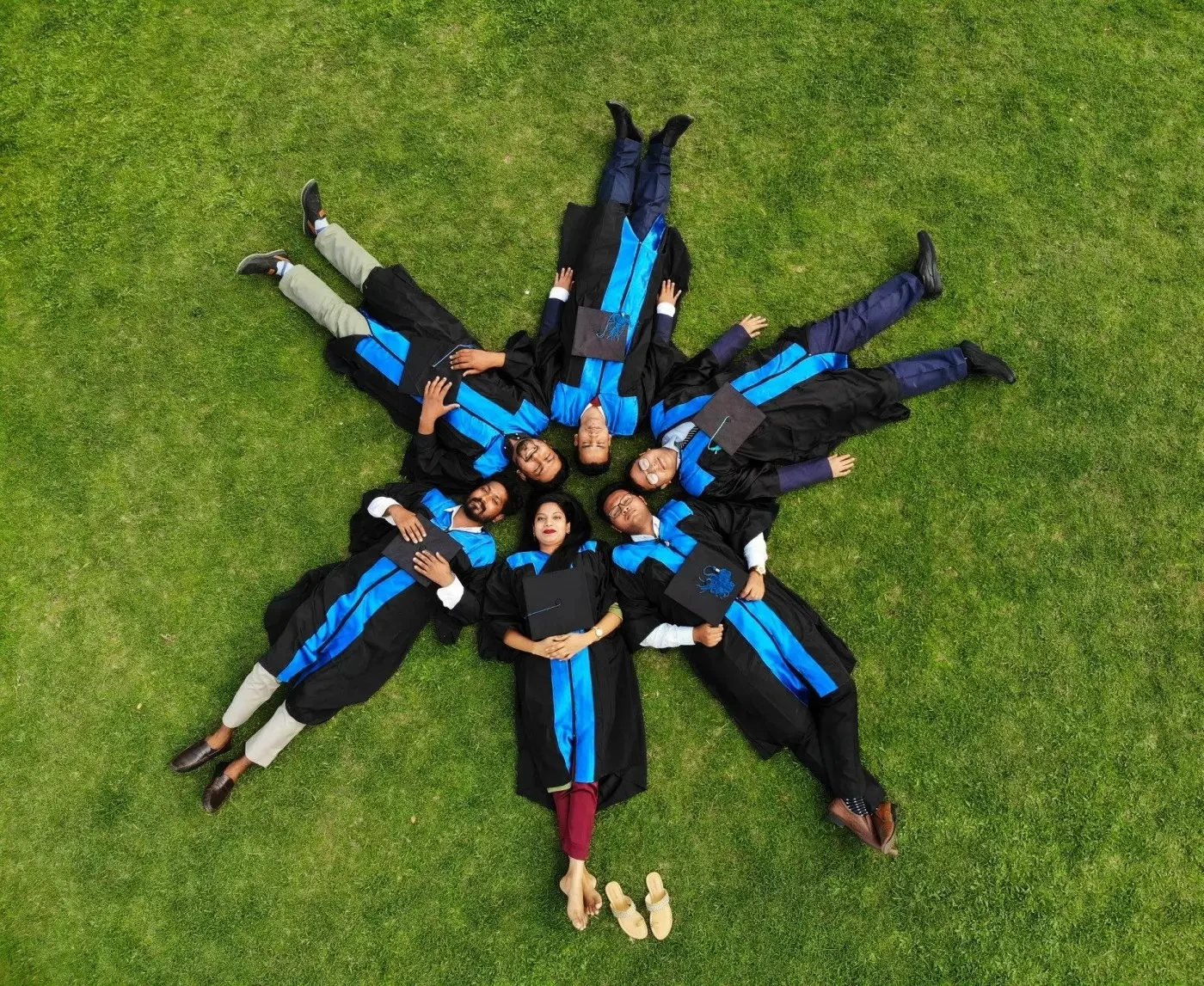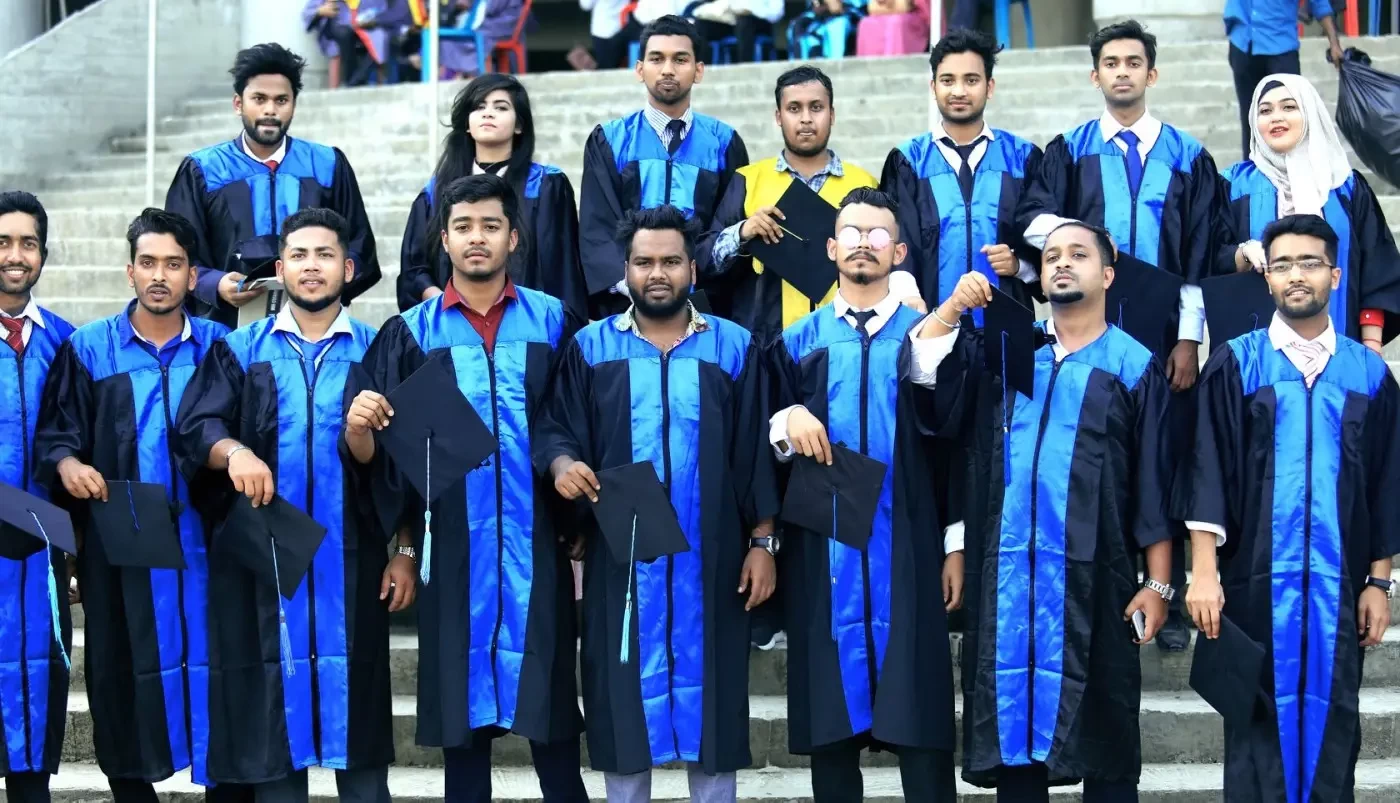Speeches
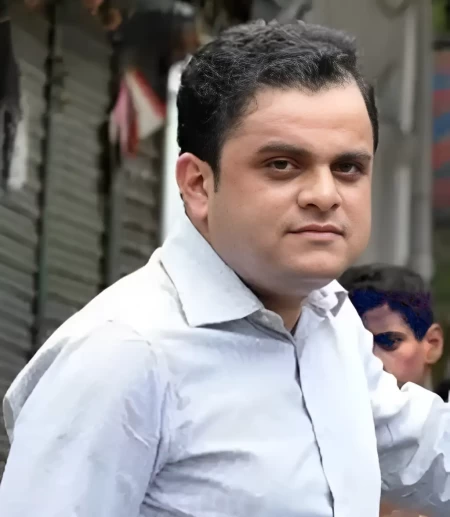
Shri Bratya Basu
Minister-in-charge School Education Department & Higher Education Department
Government of the West Bengal, INDIA
Speech of Convocation Speaker

“Namashkar and very good morning”
Mr. Md. Zillur Rahman, Hon’ble President, People’s Republic of Bangladesh and Chancellor of Daffodil International University, Mr. Nurul Islam Nahid, MP, Education Minister, Government of the People’s Republic of Bangladesh, Mr. Md. Sabur Khan, Chairman Board of Trustees, Daffodil International University, Professor Dr. M. Lutfar Rahman, Vice-Chancellor, DIU, graduating students, parents, faculty members, ladies, and gentlemen.
It is indeed a great pleasure and privilege for me to attend the Third Convocation of Daffodil International University as the Convocation Speaker. On this grand occasion, I congratulate all the new graduates for achieving this glory in their academic life. I would also like to congratulate all the parents for the sacrifice they have made to ensure proper education for their children. I am sure their expectation and sacrifice will not go in vain and the future will justify the financial investment they have made for the higher education of their children. I also congratulate the teachers who worked for their students.
The graduates who have come out with flying colors will have to shoulder the responsibility to develop this country in diverse fields of activity. After years of hard work and rigorous training, enlightened graduates will pursue varied professions to mold themselves as worthy citizens of this country. Their service effort, honest persuasion, and social commitment will contribute to enhancing the prestige and reputation of their alma mater.
I take great delight in mentioning that Daffodil International University, as one of the leading private universities of Bangladesh, has played a commendable role in the expansion of higher education. In a country like Bangladesh where only a small percentage of graduates qualify for admission to public universities, the need for private sector participation cannot be stressed.
Compared to a few years ago, the world we live in today is passing through cataclysmic changes in scientific progress and technological advancement. In a world where knowledge is power and dissemination of knowledge is a necessity, where commercial activities rely largely upon interaction among nations, the quality of human resources equipped with the knowledge of modern science and technology will inevitably become an icon for success for a developing country like Bangladesh
The Universities, therefore, have a leading role to play to develop the nation’s human resources by producing quality graduates to meet the demand of the time. It is very gratifying to note that within a short span of time, DIU has grown into one of the pioneer universities in Bangladesh. I believe, that in no time the graduates will enter into the practical world where skilled knowledge in these areas will offer them more opportunities to make a successful career.
The world today is rapidly going to be reorganized and controlled by specialists and technologists. It can never be completely controlled but in the spectacular achievements of applied science and technology, we tend to lose sight of the need for capable persons in the field of human relationships. One of the functions of the university is to develop character and personality and to produce men and women who should develop fellow feelings and compassion for others. It is for this reason that adequate provision for extracurricular activities of university life is rightly stressed. There is a great demand for more scientists, technicians, and “practical men” but the university should exercise the freedom to provide for students a cultural, spiritual, and human development, otherwise they will become as much slaves to the modern machine age as are forced laborers in a soulless autocracy.
Ladies and gentlemen,
Bangladesh has made considerable progress in establishing a comprehensive education system ranging from primary to higher levels. Quality education, however, is a common expectation at all levels. Even though we have examples of academic excellence in limited areas, the overall quality of higher education remains a serious concern for the lack of adequate funds, shortage of qualified teachers, weak management, and inadequate supervision. In many universities access to ICT, science laboratories and other academic facilities are very limited. There is also inadequate focus on science and technology or on areas of skilled manpower. The purpose of higher education is to produce skilled manpower with quality education to face the challenge of the time. I believe DIU will make a major contribution in producing graduates with skilled knowledge and a religious-based humanitarian outlook on life.
We, the Government of West Bengal, India set up an Expert Committee in June 2011 comprising of 10 (ten) members subsequently increase to 13 (thirteen) members to review matter relating to Higher Education in West Bengal, especially in the field of functioning of the 13 (thirteen) State Aided Universities and about 400 (four hundred) odd colleges of our state and to submit their recommendation to this department within a span of less than a year.
We have also appointed a mentor group for the Presidency University to suggest ways of restoring academic excellence in the University. Prof. Sugata Bose has been appointed Chairman of the Mentor Group and Noble Laureate Prof. Amartya sen has been chosen to be the advisor of the Mentor Group the group will make a set of short, medium, and long-term recommendations and monitor the implementation of those recommendations over the next two years the group will submit reports containing recommendations and reviews of the implementation process with an aim to turn this University into a world-class research and teaching Institution by the time of its 200th Anniversary in 2017-18.
In West Bengal, we have promulgated the West Bengal University Laws (Amendment) Ordinance, 2011 which was notified in the official gazette on 2nd November 2011 to bring transparency in the appointment of the Vice-Chancellor, Pro-Vice-Chancellor and interference in the various Authorities of the Universities, to introduce selection procedure for Teachers of the State-aided Universities, to remove Vice-Chancellors and Pro-Vice-Chancellors through due process and for sufficient reasons and above all to increase the excellence in the arena of Higher Education Acts of 13 State-aided Universities have been amended by the said Ordinance.
In India, our state Government has taken initiatives for authorizing the Accountant General, West Bengal, India to undertake a statutory audit of different State aided Universities, namely, Presidency University, Gour Banga University, West Bengal State University, Sidhu-Kanhu-Birsha University, and the West Bengal University of Technology.
The State Government is taking the initiative to create a Vivekananda Chair in Calcutta University at the level of Professor on the occasion of the 150th birth anniversary of Swami Vivekananda.
Technical Education Quality Improvement Programme (TEQIP) was envisaged as a long-term program of about a year duration to be implemented in three phases for the transformation of the technical education system. The current phase which is the second phase of 4(four) years duration will focus on the objectives like; Strengthening Institutions to produce high-quality engineers for better employability, scaling up Post Graduate education and Demand Driven Research besides Development and Innovation, and establishing Centers of Excellence for focused applicable research, training of faculty for effective teaching and enhancing institutional as well as system management effectiveness under Improving Quality of Education in the selected institutions. Eleven (11) institutions competitively selected in from India, for participation under Sub-TEQIP phase II; have so far signed a bi-partite Memorandum of Understanding with the State Government.
The project envisages Project Life Allocation for (1) Govt. / Govt. Aided Institutions is Rs. 10 crores and for (2) Private Unaided Institutions is Rs. 4 crores respectively. The entire Project Fund will be provided as Grant to the Govt. and Govt. Aided Institutes to be shared by Govt. of India and the State Govt. in the ratio of 75:25. Private Unaided Institutions will get 80% of the Fund as Grant (Govt. of India 60% and State Govt. 20%), rest 20% will be instituted’ own contribution.
The Department of Higher Education has long been contemplating bringing transparency and efficacy in the process – management of West Bengal Joint Entrance Examination Board’s conduct of entrance examination and allocation of students in the 1st year of undergraduate studies in Engineering & Technology streams in the State. Hence, the Government in the Higher Education Department has decided to start e-Counseling from the 2012 -2013 academic year.
Dear Graduates,
It is indeed a red letter day in your life that you will preserve in your memory forever. Now, you are almost at the end of your academic career and on the threshold of a new world which I hope you will bravely face with the knowledge that you have acquired from your alma mater. It is a day of joy and jubilation. But, it is a day of leaving your alma mater to enter the real battlefield of your life. You will of course choose different professions according to your intellectual ability, taste, and temperament. But you should always bear in mind that nothing can be achieved without this hard work, devotion, and commitment. It is your performance and dedication that will translate your academic degrees into a successful life. A mere academic degree will soon be a past event. What will matter is your continuous performance. Corruption has become a threat to this society while prosperity and evil forces are very predominant. These forces must concur so that forces of good can win over evil.
May God bless and help you in your endeavor to achieve success and glory in life.
“Namaskar”
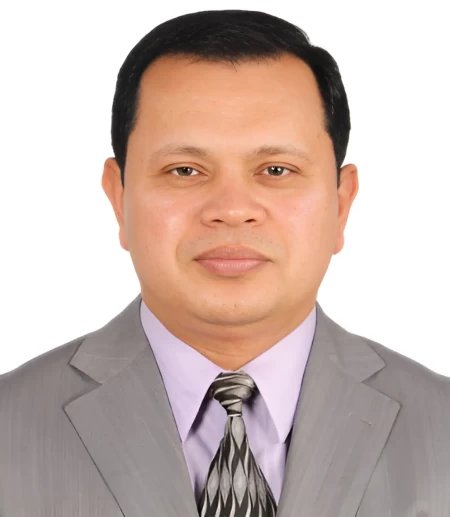
Md. Sabur Khan
Chairman Board of Trustees
Daffodil International University
Speech of the Chairman (BoT)

Since the beginning in 2002, the mission of the university is to impart quality higher education to its students. In DIU, students are nurtured in such a way so that they can harness their competencies up to the global standard. The objective of DIU is to make its students employable with time-befitting soft skills, leadership qualities, and entrepreneurship.
Art of living, orientation with modern technologies, one student one laptop, collaboration with around 400 famous foreign universities, and international participation through a series of exchange programs have equipped our students with a change together mentality and ability. Our students can uplift themselves in a three-dimensional relationship among the students, guardians & faculty. We are trying to develop the university with an international mindset, global mobility, faculty exchange, students’ orientation, events, industry-academia relationships, lecture series, innovation, and entrepreneurship, among others.
With the support from its students & faculty members, now DIU is one of the top-ranked universities in Bangladesh evaluated by QS World University Rankings® 2019. It is also in the prestigious position in Times Higher Education (THE) University Impact Rankings-2019 and in the top position among all universities in the South Asian Region and the top ranking university in Bangladesh in the UI GreenMetric World University Rankings in 2018. Prestigious ASOCIO 2018 ICT Education Award and World Congress of IT (WCIT) 2017 Merit Award, as well as involvement with many international platforms, among others, AUAP, AUPF, GEN, IAUP, ACU, IAU, IEEE, ISTQB, Kauffman, and Magna Charta Observatory, keep us on the right track.
To keep pace with the changing trend of the education system, DIU is continuously adopting sustainable measures through online education, innovation, and automation for students’ development in the future.
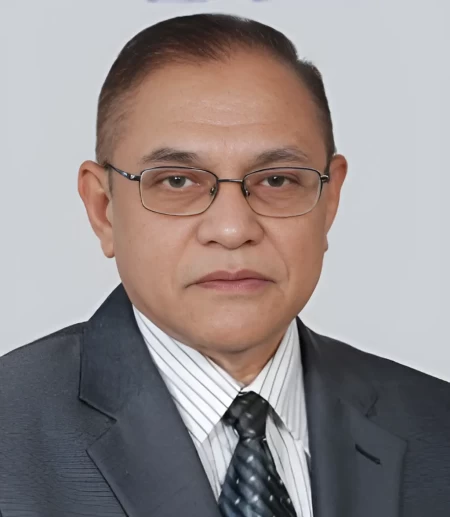
Professor Dr. M. Lutfar Rahman
Vice Chancellor
Daffodil International University
Speech of Vice Chancellor

